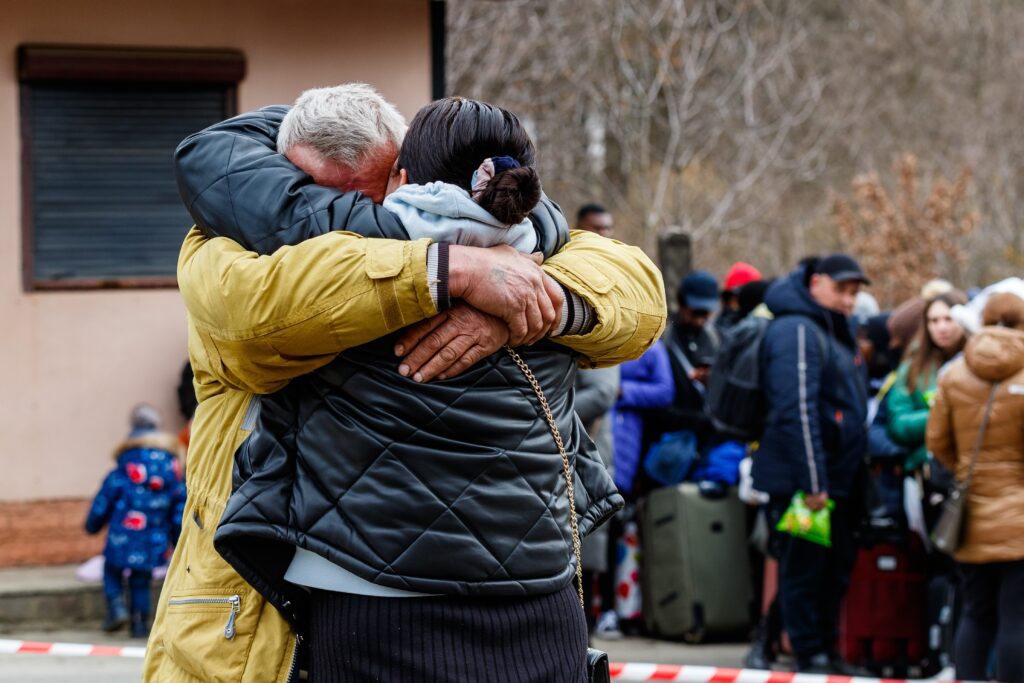There is limited strong evidence on interventions that specifically target traumatic grief.
– Prolonged and traumatic grief are usually closely associated with post-traumatic stress disorder (PTSD) and therefore many interventions targeted PTSD with grief symptoms as an auxiliary diagnosis
– There appear to be some differences in interventions that target grief as a result of loss of homeland and grief as a result of loss of a loved one, particularly if that loss occurred in a traumatic manner.
Evidence on interventions with refugee populations that target grief is limited.
– The available evidence is limited to interventions for clinically-diagnosed grief disorder. There is a breadth of evidence involving interventions targeting PTSD, however it is unclear how many of these may target grief as a confounding factor or have been adapted to address grief as the central condition. Additionally, there is no available evidence on whether interventions targeting traumatic grief in the general population would be successful for the refugee context, although it is likely that they would need to undergo contextual adaptations.
– There is some evidence that interventions with youth or interventions focusing on creative expression in adults are more open to individuals who do not have a diagnosis, but rather are experiencing any level of grief.
There is fairly robust information on interventions for refugee youth that target various mental health conditions, including traumatic grief.
– School-based programs were specifically analyzed and found that the school setting can be an effective location for intervention but that school personnel may need specialized support from clinicians to increase effectiveness of programming

